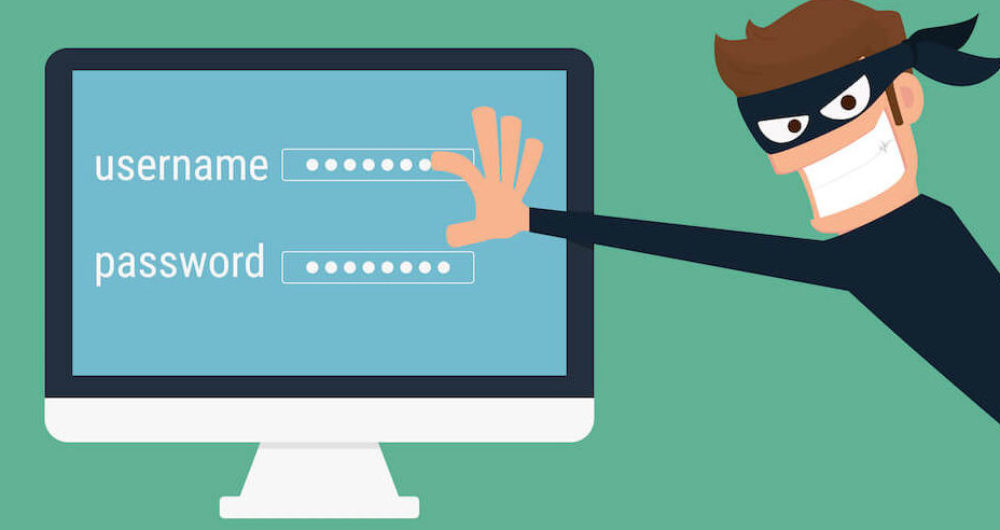Online shopping is one of the more enjoyable aspects of modern life. You can do it any time of day or night without any of the hassles associated with visiting a store.
The convenience of online shopping however can sometimes lead to complacency. We’ve all heard about online fraud and identity theft but we can all sometimes be guilty of ignoring the threat. A little vigilance can go a long way and make it much more difficult for a hacker to get their hands on our details.
Before you go online you should always ensure that you have adequate anti-virus software. This will ensure that your PC is much less likely to become corrupt giving hackers access to your details. It is vital you keep updating this software and run regular scans on your hard drive.
How to pay
It is recommended that you use a credit card when making online purchases as the card company will take joint responsibility with the company you buy from should anything go wrong. For smaller purchases an e-cash system such as PayPal is a good alternative. These sites are properly protected using a form of encryption known as an SSL certificate. If you are the owner of an ecommerce business, when you buy SSL certificates from a site such as Symantec any customers using your site will have the peace of mind that their details are protected even if it is intercepted by a third party.
On the site
Before you pay for anything you should be satisfied that the site uses a secure server with an SSL certificate. The web address of a secure webpage starts with https instead of http, and you’ll see a padlock symbol in the bottom of your browser. It is important to keep a record of all your transactions in case there are problems further down the line. You will receive a confirmation email after you have made your purchase which you need to keep until you’ve received your goods.
Where to buy
It is always advisable to use a recognised dealer such as Amazon or a well known high street store. They are much more likely to offer secure credit card transactions. There are many dodgy sites out there that try to lure you in with what look like good offers but are in fact just a front for the fraudsters trying to gain your trust in order to steal your identity.
Thanks for reading this article. If you're new here, why don't you subscribe for regular updates via RSS feed or via email. You can also subscribe by following @techsling on Twitter or becoming our fan on Facebook. Thanks for visiting!






















































































































































































